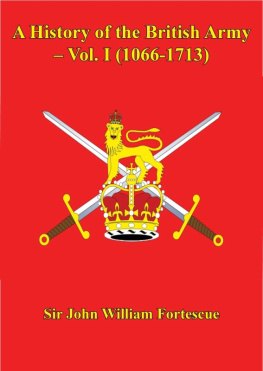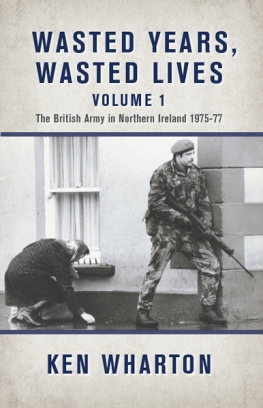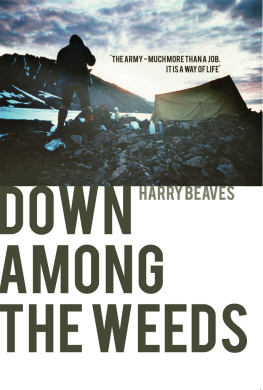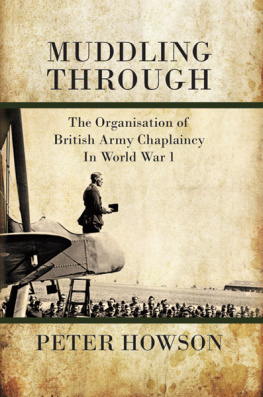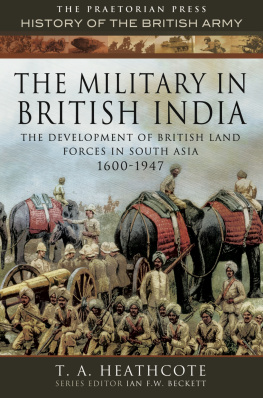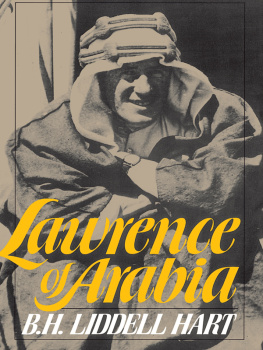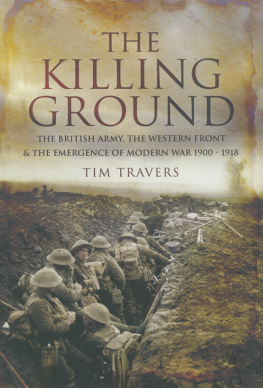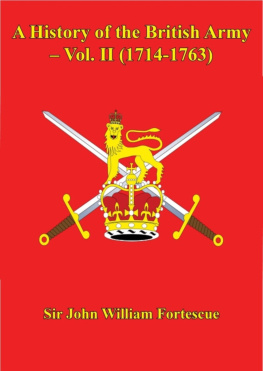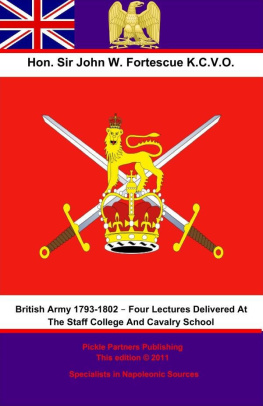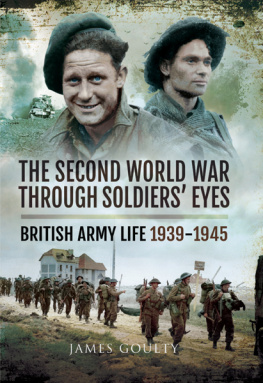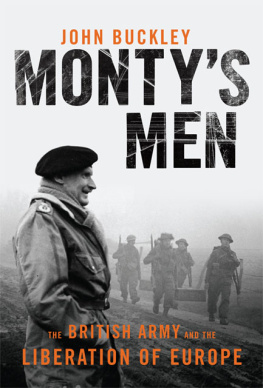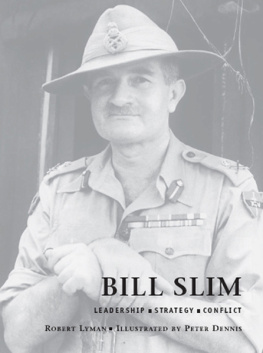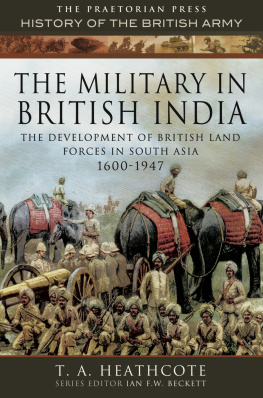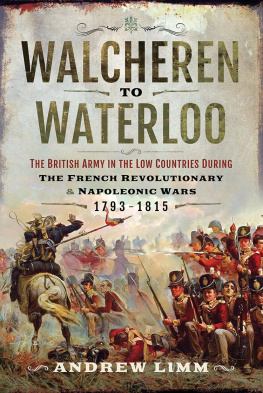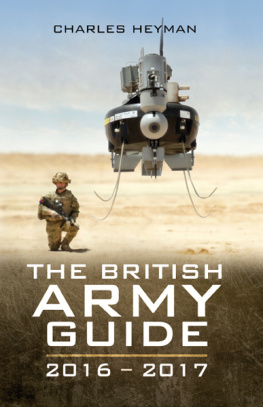

This edition is published by PICKLE PARTNERS PUBLISHING www.picklepartnerspublishing.com
To join our mailing list for new titles or for issues with our books contact@picklepartnerspublishing.com
Text originally published in 1910 under the same title.
Pickle Partners Publishing 2013, all rights reserved. No part of this publication may be reproduced, stored in a retrieval system or transmitted by any means, electrical, mechanical or otherwise without the written permission of the copyright holder.
Publishers Note
Although in most cases we have retained the Authors original spelling and grammar to authentically reproduce the work of the Author and the original intent of such material, some additional notes and clarifications have been added for the modern readers benefit.
We have also made every effort to include all maps and illustrations of the original edition the limitations of formatting do not allow of including larger maps, we will upload as many of these maps as possible.
A H ISTORY OF
T HE B RITISH A RMY
B Y
THE HON. J. W FORTESCUE,
FIRST PART-TO THE CLOSE OF THE SEVEN YEARS WAR
VOL. I
Quae Caret Ora Cruore Nostro?
PREFACE
T HE civilian who attempts to write a military history is of necessity guilty of an act of presumption; and I am not blind to my own temerity in venturing to grapple with such a task as the History of the British Army. But England has waited long for a soldier to do the work; and so far no sign has been given of the willingness of any officer to undertake it beyond the publication, a few years since, of Colonel Walton's History of the British Standing Army from 1660 to 1700. Nor is this altogether surprising, for the leisure of officers is limited, the subject is a large one, and the number of those who have already toiled in the field and left the fruit of their labour to others is sadly small. A civilian may therefore, I hope, be pardoned for trying at any rate to make some beginning, however conscious of his own shortcomings and of the inevitable disadvantage from which he suffers through inexperience of military life in peace and, still more fatally, in war. His efforts may at least stimulate someone better qualified than himself to treat the subject in a manner more truly befitting its dignity and its worth.
My design is to write the history of the Army down to the year 1870, the two present volumes carrying the story down to the Peace of Paris in 1763, and two future volumes bringing it forward to the great reforms which virtually closed the life of our old Army and opened that of a new. It would have been easy to fill a score of volumes with matters germane to the subject and of genuine interest to at least some groups of military students; nor would such treatment have been foreign to the methods of one school of British historians. There is indeed much to be said for it from the writer's standpoint, for it simplifies his task beyond belief. To me, however, rightly or wrongly, it seemed better to gather the story if possible into a smaller compass, even at the cost of omitting many instructive statistics and picturesque details. Accordingly I have compressed the six hundred years of our military history from Hastings to Naseby into one-third that number of pages, endeavouring only to set down such points and incidents as were essential to a coherent sketch of the growth of our military system. Even after Naseby and up to the reign of Queen Anne I have dealt with the history in a like arbitrary spirit, thus passing over, not I confess without regret, the Irish campaigns of Cromwell and King William, though entering with some detail into that of Schomberg. All could not be written down, as anyone can bear me witness who has attempted to go below the surface of the Great Civil War alone. The reader must decide whether I have judged well or ill in that which I have left unwritten.
I must plead guilty also to deliberate omission of sundry small details which are rather of antiquarian than of true military interest, minute particulars of dress, armament and equipment and the like, the real place for which is rather in a military dictionary than in a military history. These I have sacrificed, not because I felt them to be trivial, but because I thought that the space which they demanded would be more profitably occupied by a sketch of the political relations between the Army and the country. I cannot, however, claim completeness for this sketch: and I am conscious that many questions of great constitutional importance are left unresolved, as I must frankly acknowledge, through my inability to cope with them. I have sought our acknowledged authorities on constitutional questions in vain; not one is of help. I confess that I have been amazed when reading our innumerable political histories to see how unconcernedly Army, Navy, and the whole question of National Defence are left out of account.
It is this, the political not less than the military aspect of the Army's history that I have endeavoured, however slightly and however unsuccessfully, to elucidate, at the sacrifice sometimes of purely military matters; and it is this which makes the subject so vast as to be almost unmanageable. The difficulties of tracing military operations are frequently trying enough, but they are insignificant compared to those presented by the civil administration of the Army, and by the intolerable complication of the finance. Here again the reader must judge whether or not I have chosen aright; and I would ask him only not to attribute to neglect omissions which have been made after mature deliberation.
My authorities from the reign of Queen Anne onward, and occasionally before, are quoted at the foot of the page; but in the earlier portion of the first volume I have been content to group them in a brief note at the close of each chapter or section and I have followed the same plan with some modification throughout. I must, however, mention that these notes rarely comprise the whole of the authorities that I have consulted, much less all that lie open to consultation. It would be a simple matter, for instance, to cover a page with works consulted on the subject of the Civil War alone; but while I have, as I trust, taken pains to make my work thorough, I have been content frequently to refer the reader to such authorities as will guide him to further sources of information, should he desire to pursue them. I have spared no pains to glean all that may be gleaned from the original papers preserved at the Record Office in reference to the military administration and to the various campaigns, and I have waded through many thousands of old newspapers, with and without profit. What unknown treasures I may have overlooked among the archives preserved by individual regiments, I know not, since with an army so widely dispersed as our own it seemed to me hopeless to attempt to search for them; but such regimental histories as exist in print I have been careful to study, sometimes with advantage but not always with profound respect for their accuracy.
Maps and plans have been a matter of extreme difficulty, owing to the inaccuracy of the old surveys and the disappearance of such fugitive features as marsh and forest. I have followed contemporary plans wherever I could in fixing the dispositions of troops, but in many cases I should have preferred to present the reader with a map of the ground only, and left him to fill in the troops for himself from the description in the text. Blocks of red and blue are pleasing indeed to the eye, but it is always a question whether their facility for misleading does not exceed their utility for guidance. Actual visits to many of the battlefields of the Low Countries, with the maps of so recent a writer as Coxe in my hand, did not encourage me in my belief in the system, although, in deference to the vast majority of my advisers I have pursued it.
Next page
